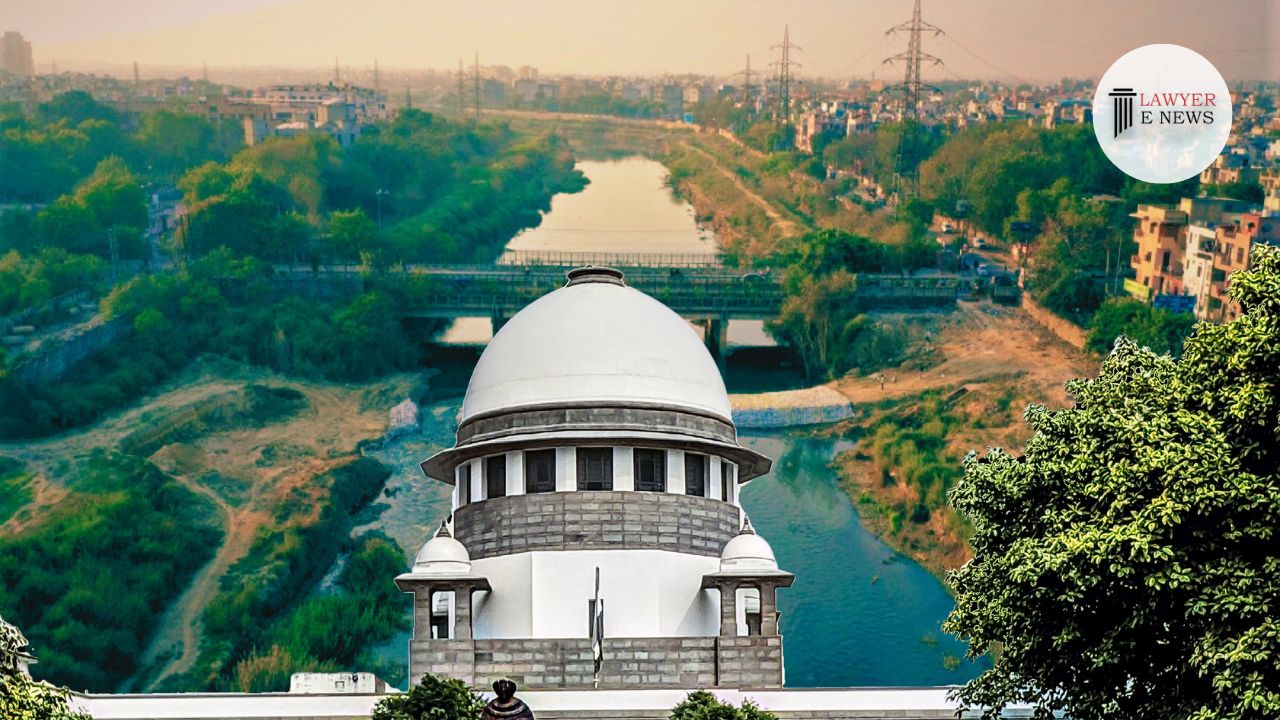-
by Admin
16 February 2026 1:47 PM



In a landmark judgment, the Supreme Court of India, comprising Justices Sanjiv Khanna and Dipankar Datta, ruled against the wrongful termination of Ex. Lt. Selina John from the Military Nursing Service on the grounds of her marriage, marking a significant step against gender discrimination in the armed forces.
Brief on Legal Point: The crux of the judgment revolved around the issue of gender discrimination, particularly the invalidity of terminating a woman’s employment solely based on her marital status. The apex court held this practice as manifestly arbitrary and a glaring instance of gender discrimination.
Facts and Issues: The case pertained to Ex. Lt. Selina John, who was released from the Military Nursing Service following her marriage. This practice was based on a rule applicable only to women nursing officers, which the Supreme Court scrutinized for its constitutional validity.
Gender Discrimination: The Court unequivocally stated, “Such rule was ex-facie manifestly arbitrary, as terminating employment because the woman has got married is a coarse case of gender discrimination and inequality.” This observation underscored the Court’s stance against gender-based biases in employment.
Constitutional Law: The judgment reinforced that “Laws and regulations based on gender-based bias are constitutionally impermissible,” emphasizing the right to non-discrimination and fair treatment under the Indian Constitution.
Withdrawal of Army Instruction: The Court took note of the withdrawal of Army Instruction No. 61 of 1977, which had governed the terms of service for permanent commissions in the Military Nursing Service. This withdrawal was seen as a progressive step towards eliminating gender-based employment policies.
Award of Compensation: Recognizing the injustice meted out to Ex. Lt. Selina John, the Court directed the appellants to pay her a compensation of Rs. 60,00,000, with an interest penalty for delayed payment, marking it as a full and final settlement of all claims.
Decision: The Supreme Court concluded that the termination of Ex. Lt. Selina John from the Military Nursing Service on the ground of her marriage was illegal and directed the payment of compensation, modifying the impugned judgment accordingly.
Date of Decision: February 14, 2024
Union of India & Others vs. Ex. Lt. Selina John
